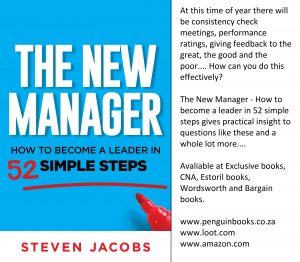Do you  start every day with a smile, a laugh and meditate on something spectacular? Do you turn off the radio and stop reading anything that will depress you? It’s your choice that matters. Some choose to listen to the most terrible stuff in the mornings and then wonder why they just can’t find joy during their day.
start every day with a smile, a laugh and meditate on something spectacular? Do you turn off the radio and stop reading anything that will depress you? It’s your choice that matters. Some choose to listen to the most terrible stuff in the mornings and then wonder why they just can’t find joy during their day.
Self-motivation is not something that comes naturally it is something that needs to be nurtured. There is a beautiful verse in the bible that says
8 Finally, brethren, whatsoever things are true, whatsoever things are honest, whatsoever things are just, whatsoever things are pure, whatsoever things are lovely, whatsoever things are of good report; if there be any virtue, and if there be any praise, think on these things. Philippians 4 verse 8 KJV
This is an incredible verse as it encourages one to meditate on the right stuff. What are you meditating on today? Your bank balance? The pressures you are facing at work? Crime? Violence? the future? If you were to write down all the thoughts that occupy your mind and ask someone else to read it, would they say you are full of life or full of death and destruction?
Please understand that your thoughts have a massive impact on your actions, as the scripture says “7 For as he thinketh in his heart, so is he” Proverbs 23 verse 7 KJV.
Still not convinced? Let me ask you a question and be honest in your answer. Name me one action that you did that never started with a thought in your head? If you can name an action then clearly there must be something incredibly wrong as your body is controlled by you, you are not controlled by your body.
If you choose to saturate yourself with love, great thoughts and you ensure that you only watch and listen to things that inspire and encourage you, it won’t be long before others start to be inspired by you.
May you have a fantastic day today and may it be filled with good thoughts, laughter and love.
God bless

 u get to work you are confronted with even more choices. Should I spend time talking to that person as the conversation is always fun? Should I get a coffee? Should I read my emails? Should I call some clients? What can I postpone for later? Where am I going to for lunch? What web pages should I look at? What should I eat? Who should I talk to?
u get to work you are confronted with even more choices. Should I spend time talking to that person as the conversation is always fun? Should I get a coffee? Should I read my emails? Should I call some clients? What can I postpone for later? Where am I going to for lunch? What web pages should I look at? What should I eat? Who should I talk to?
 This statement on serving sounds good and makes perfect sense or does it? So many quotes such as these pass our desk on a daily basis and in most cases we nod our head in agreement….but do we really believe it? Do we really practice it?
This statement on serving sounds good and makes perfect sense or does it? So many quotes such as these pass our desk on a daily basis and in most cases we nod our head in agreement….but do we really believe it? Do we really practice it? Aug 20th 2016 – Amazon
Aug 20th 2016 – Amazon
